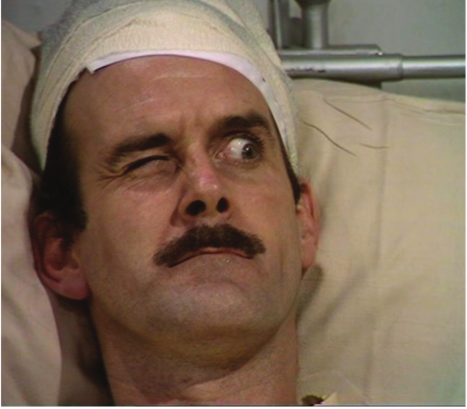Patients who are demanding, aggressive or don't like their doctor are more likely to be misdiagnosed
Patients who are demanding, aggressive or have low expectations of their doctor are more likely to be misdiagnosed, according to a pair of Dutch studies.
Doctors were 42% more likely to misdiagnose a complex case where the patient was difficult, or displaying distressing behaviours, and 6% more likely to misdiagnose a difficult patient in a simple case, the general practice study found.
Professor Mark Harris, director of the Centre for Primary Health Care and Equity, said that doctors, like other humans, had emotional reactions that governed their behaviour, but he was surprised it affected diagnostic accuracy to that extent.
“It’s not just one thing that causes errors to occur, it’s multiple things,” Professor Harris said. “If we’re weary and have had a hard day with lots of patients and not a lot of time, then to have a difficult patient on top of that [is a] combination that can be problematic.”
An important caveat was that these studies were undertaken with relatively new doctors, and the hope was that more experienced practitioners might have learnt to calibrate their emotional reaction to difficult people, Professor Harris said.
“But I still think that the likelihood that this occurs is quite high, and it probably a?ects all of us,” he said.
The authors found that despite more diagnostic errors, doctors spent the same amount of time on both difficult and neutral cases.
This supported the idea that working with difficult patients depleted cognitive resources that could have been allocated to diagnostic reasoning, they said, and was consistent with other research suggesting people had a finite amount of mental energy.
In the GP study, the researchers presented six written vignettes to 63 GP residents, including a few sentences portraying either a difficult patient or a neutral patient.
Descriptions of difficult patients consisted of: a frequent demander, an aggressive patient, a patient who questions the doctor’s competence, one who ignores the doctor’s advice, one who had low expectations of the doctor, and another who presented herself as utterly helpless.
The diagnoses were pneumonia, pulmonary embolism, meningoencephalitis, hyperthyroidism, appendicitis and acute alcoholic pancreatitis.
Such vignettes have been shown to be a good proxy for the study of doctors’ behaviours in real-world settings.
The second study looked at 74 hospital residents asked to evaluate eight clinical cases. As in the GP study, diagnostic accuracy was 20% lower in negative patients despite the time spent on difficult and neutral cases being similar.
While doctors were able to recall 30% of the clinical ?ndings in di?cult patients compared with 32.5% in neutral patients, they were able to remember more behaviours (25% vs 18%).
BMJ Qual Saf 2016; online 7 March


